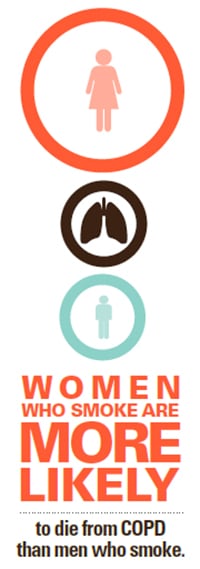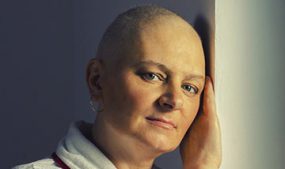With all of the talk about a child obesity epidemic, many parents are likely surprised that some have to look for tips on gaining weight.
Gaining weight should be easy, right? Just do all of the things that experts advise that you don't do when you are concerned about being overweight. Of course, that doesn't really work.
For one thing, kids who have problems gaining weight usually don't have a very good appetite, so they don't eat much. And simply trying to overeat or to eat whatever you want to gain weight isn't necessarily going to be healthy.
Gaining Weight Healthily
Although many parents think that their kids don't eat as well as they would like, unless they are actually not gaining weight well, it may not really be an issue. If your child is thin and eats too much
junk food, encourage healthier eating and get him to take a
multivitamin if you really think he is missing out on important nutrients.
Gaining weight can especially be a problem for some kids taking stimulants, such as Adderall XR, Concerta, or Vyvanse, to treat ADHD, even after adjusting the dosage or changing medications.
Whatever the reason, some general tips for healthy weight gain can include:Not skipping meals.Considering eating four or five small meals a day, instead of trying to eat three bigger meals, since your child likely won't eat all of them anyway.Encouraging one or two regular
healthy snacks each day.Avoiding low-nutrient, energy-dense foods, such as junk foods with empty calories, including candy, chips, and soft drinks.Eating high-nutrient, energy-dense foods, which are high in calories, but also have vitamins, minerals, and other nutrients, such as whole milk, yogurt made with whole milk, peanut butter, etc.Avoiding low-energy or non-energy-containing drinks, such as diet soda and fruit drinks.Limiting drinks at mealtimes, so that your child doesn't fill up and may want to eat more food.Consulting a registered dietician for extra help, especially if your child has malabsorption or a chronic illness causing him to be underweight.
Most importantly, encourage your child to eat when he is most hungry, and to at least eat something, instead of totally skipping a meal, if he isn't hungry at a certain time of day.
For example, adding 1 to 2 tablespoons of powdered milk to 8 ounces of whole milk (150 calories) can add an extra 30 to 60 calories to your child's glass of milk. Or you could add a packet of meal replacement powder to a glass of whole milk and add an extra 130 calories to that glass of milk for a total of 280 calories.
Tips
You can also substitute powdered milk for water in some recipes, like when making pudding or oatmeal.
Or you could add a serving of cheese to some of your child's favorite foods to boost them by about an extra 60 calories.
Even a banana can get a boost of calories by adding a tablespoon of peanut butter, to get your child an extra 100 calories for this snack.
A Word From Verywell
Keep in mind that many of these tips for gaining weight aren't usually necessary for toddlers who only eat one meal a day. This can be developmentally normal at this age, as many toddlers and some preschoolers may only eat one good meal a day and they will only pick at the other meals.
This kind of
toddler diet is usually normal as long as your child doesn't overdo it on milk and juice and he is gaining weight well
Helpful Foods
In general, while you want your child who needs help to gain weight to eating
high-calorie foods, these should be high-nutrient or nutrient-dense, energy-dense healthy foods and not simply junk food. So you want foods with a good amount of
protein and
fat and other nutrients in a small package, such as:
You might also make a list of the foods that your child actually likes to eat and then try to find more nutrient-dense and energy-dense versions of those foods. This should include
fruits and
vegetables and a variety of foods from all of the
food groups.
Supplements
Although nutrition experts usually don't recommend giving kids supplements to help them gain weight, it can often help to supplement the food they are eating and drinking with extra calories, such as by adding the following nutrient-dense foods to certain other foods:
Powdered milkMargarineCheeseWheat germPeanut butterInstant breakfast mixHoneyAvocadosSour creamMayonnaiseSalad dressing







